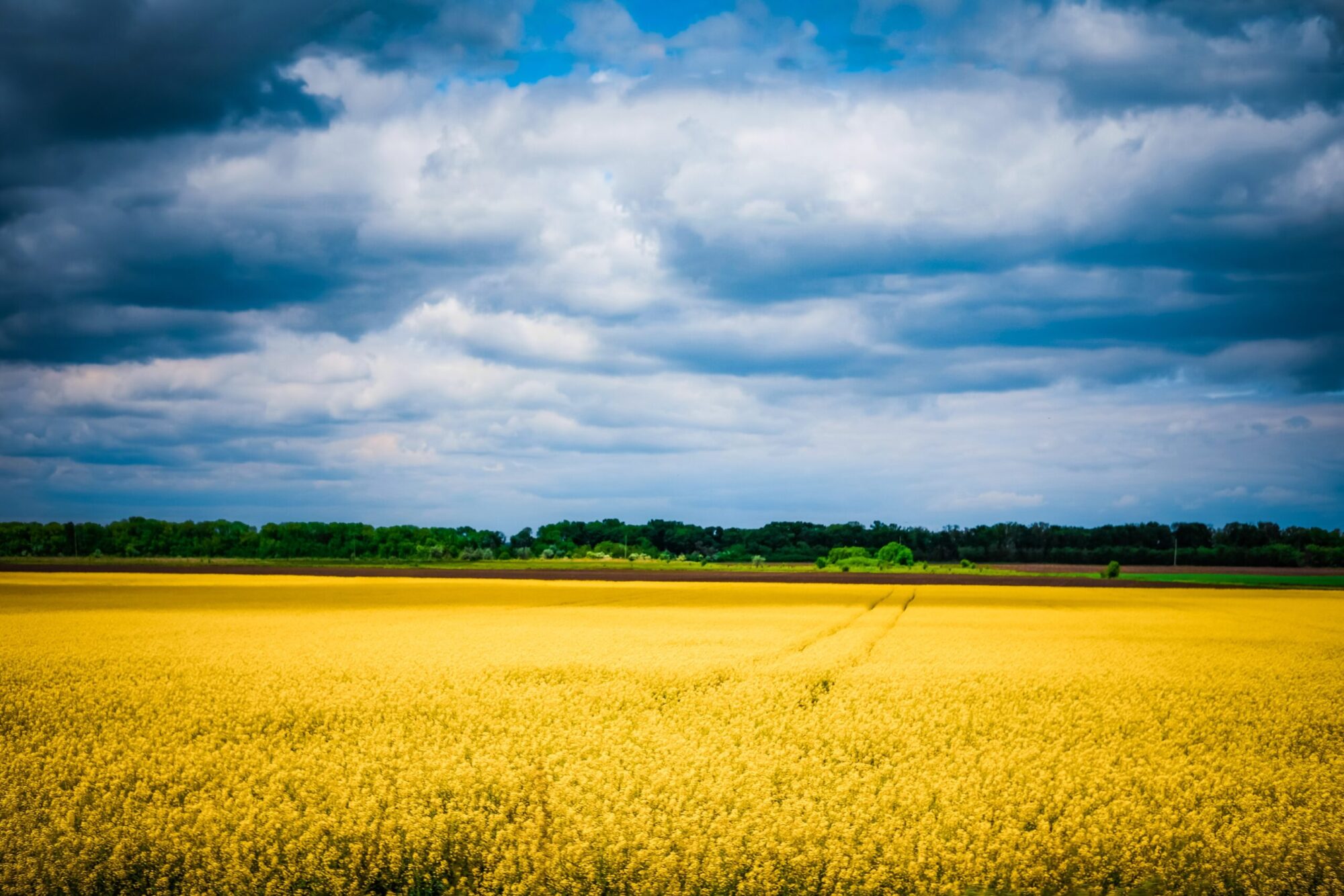
Many of us might feel understandably powerless right now, as we face numerous hardships. A dangerous pandemic is costing hundreds of thousands of lives. At present, there have been at least 240,000 deaths from it worldwide. Our democracy is slipping away. The person who has taken over the White House is evil, greedy, corrupt and traitorous, as are his cronies, who have taken over our government.
Many institutions, such as the Justice Department, the Federal Reserve, the Treasury, among numerous others, have become corrupt in whole or in part due to the present administration. (See the latest development in Barr’s corrupt Justice Department.)
The economy is being destroyed, as Cohen and Hsu (2020) report, “more than 33 million people have joined the unemployment rolls in seven weeks…. [E]conomists expect the monthly jobs report on Friday to put the April unemployment rate at 15 percent or higher — a Depression-era level.”
Our planet is also being destroyed by greed and consumerism. Global climate imbalances are yielding strange results, such as plagues of locusts, murder hornets, and a polar vortex is forecast to hit the Northeast in the next couple days while the West is set to experience record heat.
White “vigilante justice” seems to go unchecked while black men are being subjected to modern-day lynching. More generally, the lives of black and brown people are being valued less than others. They are being treated as second-class citizens and have to operate under a different set of standards than other Americans.
Our social fabric is being eroded in other ways, as people have abandoned religious institutions, many of which have forsaken the path of Jesus and instead of worshiping God have been worshiping worldly things. Their hypocrisy and the general misguided nature of secularism has driven people into the arms of other false gods, such as paganism, scientism, or cult-like leaders, such as Richard Dawkins.
Younger people, in particular, are frustrated, as the changes they want are frequently thwarted often by older people, the people who should care about them, or the political or economic establishment, the institutions that should care about them. These are dark times for the nation and for the world, and it can all feel so hopeless.
Jesus’s Divine Power
However, for Christians and for the world, there is one great hope, one eternal light to which we can fix our fortunes and our spirits – Jesus Christ. Mathis (2020) writes, “In the final tally, Jesus stands alone. No other human has left such a deep and enduring impression on the world, and he did so in only three years of active public life.” This is an indisputable truth. No other person has had anywhere near the impact that Jesus has had.
Where did Jesus’s power come from? As Christians, we would answer from God, as he is one with the Father. For non-Christians, the broad details of Jesus’s life are the following. He was a poor Jew from Galilee, who was born in Bethlehem. He had a mere 12 Apostles. He had no social media platform, with no hoard of followers. He wrote nothing, not a single word. He had no degrees or certifications. He had no worldly titles, wealth, power or prestige (aside from being of the line of David). Jesus spoke words, and he performed miracles. He was crucified, and he rose from the dead.
Those who believe him to be a mere mortal might ask: how could his one life have transformed the world more than any other, and what insight might that provide regarding our current challenges?
Man’s False Power
The reality is that those with power now, like the Caesars of their day, will be largely forgotten or will become a cautionary tale for others aspiring to be like them and for those who are inclined to be seduced by them. None of us can predict the future, but one thing is certain: no human present or future will compare at all with the power Jesus has now and will continue to have.
Some Christians are handwringing about the state of the faith, its trajectory, particularly in the West, and the rise of secularism. They have little faith and need to have more of it in God’s plan. They need to trust him more. They need to focus on glorifying God and not themselves. They need to stop compromising their morality and Christianity for political expediency or a false sense of power. Real power rests in Jesus, in God, and we only have access to real power when we rest in him.
The Benefits of Jesus’s Power
The benefits of Jesus’s power as it resides in us is peace and hope. In our darkest hours, we can turn to him, to our Lord and our God, and know that we are loved. If we entrust in him our lives, his power becomes our power. One might ask: how does this translate in practical ways in the real world?
A feeling of peace and hope helps one continue to fight another day. One needs to keep the faith and fight the good fight until the end. God gives us that resilience. Our faith in Jesus is our strength, and as Christians, we should never forget that. We should also share his power manifested in us with others during our shared trials and tribulations. With this, we will be and will do what we are called to do – be the salt and light of the world.
“You are the salt of the earth. But if the salt loses its saltiness, how can it be made salty again? It is no longer good for anything, except to be thrown out and trampled underfoot. You are the light of the world. A town built on a hill cannot be hidden. Neither do people light a lamp and put it under a bowl. Instead they put it on its stand, and it gives light to everyone in the house. In the same way, let your light shine before others, that they may see your good deeds and glorify your Father in heaven” (Matthew 5:13-16). Amen.



